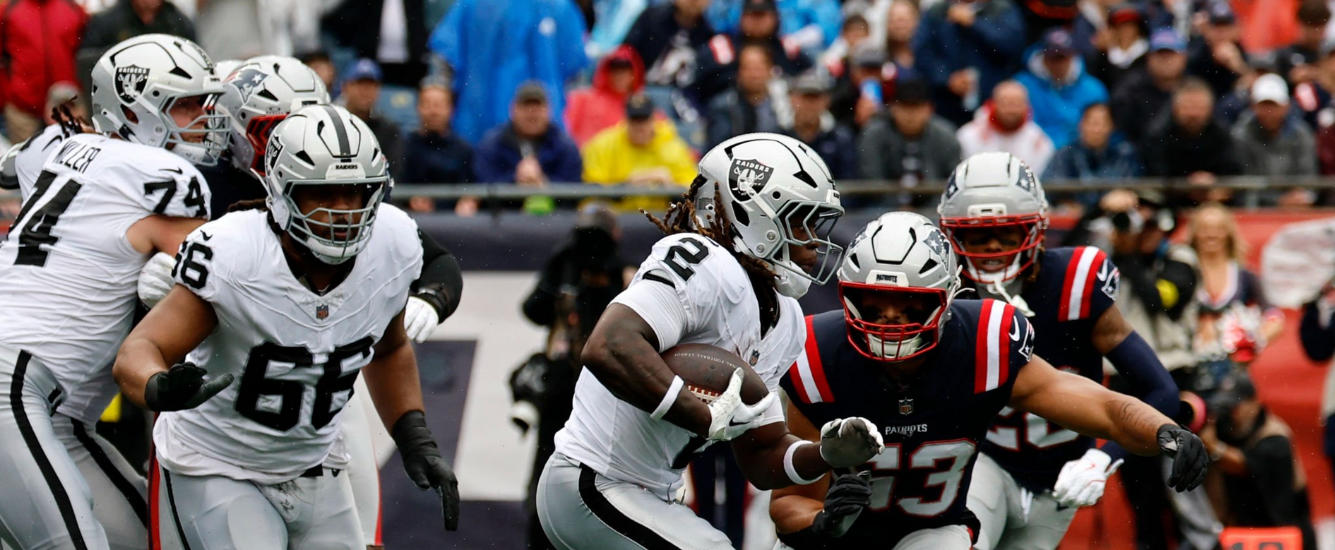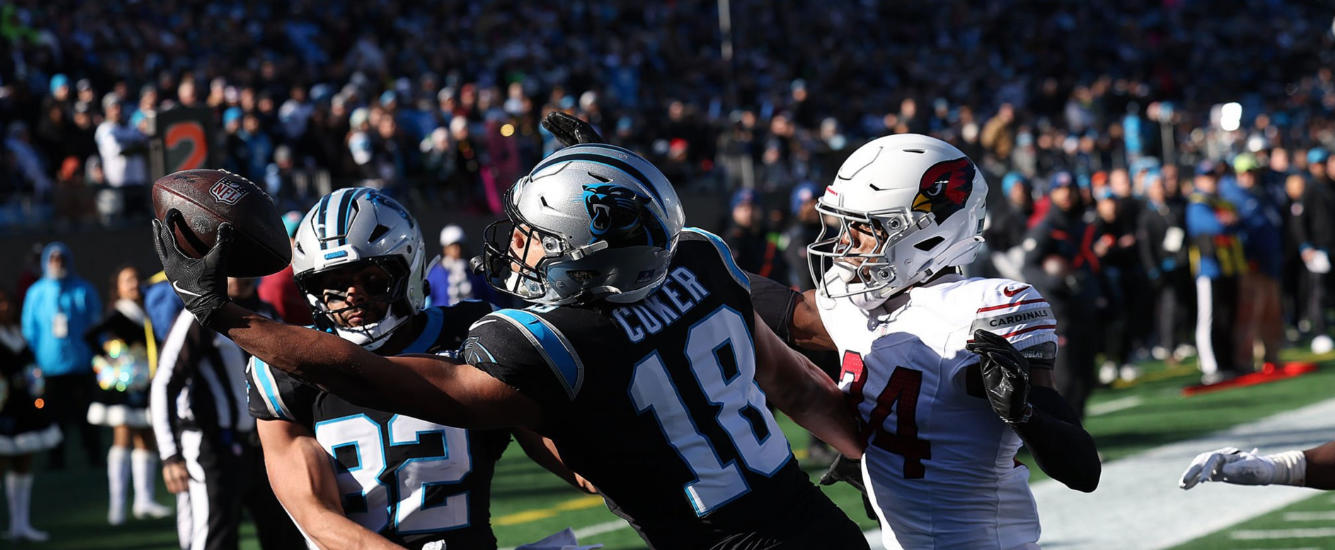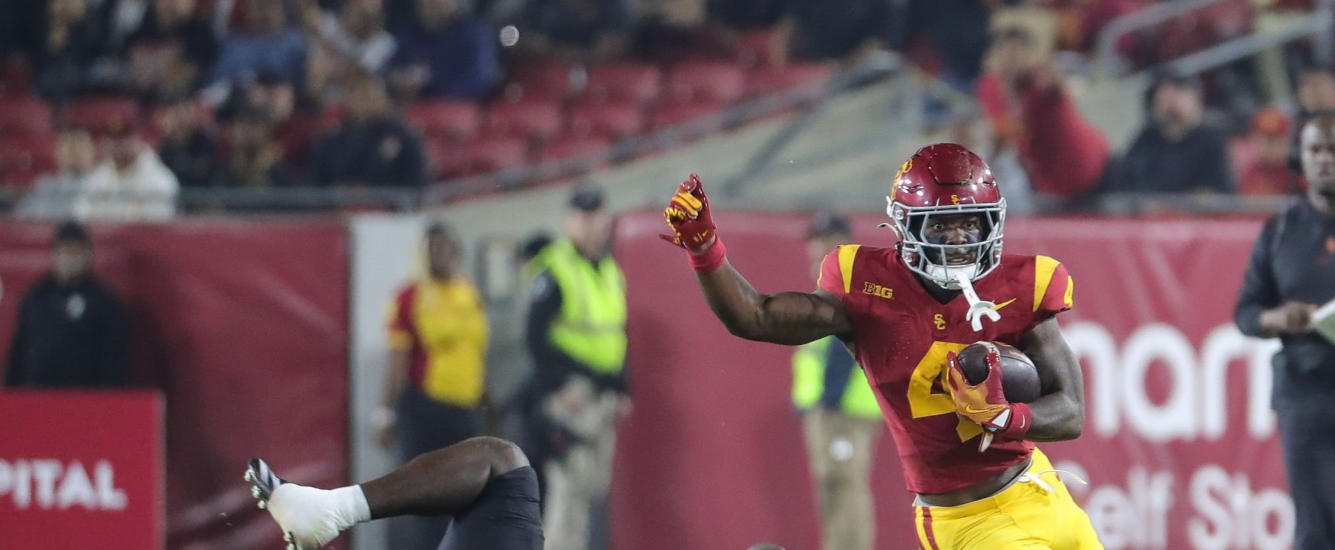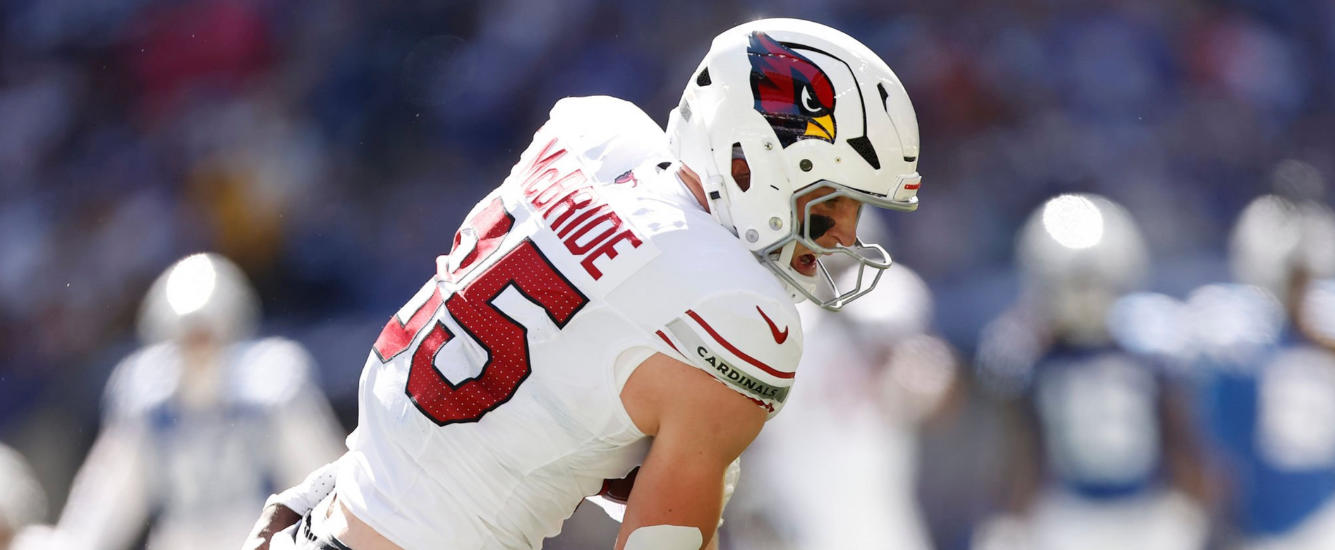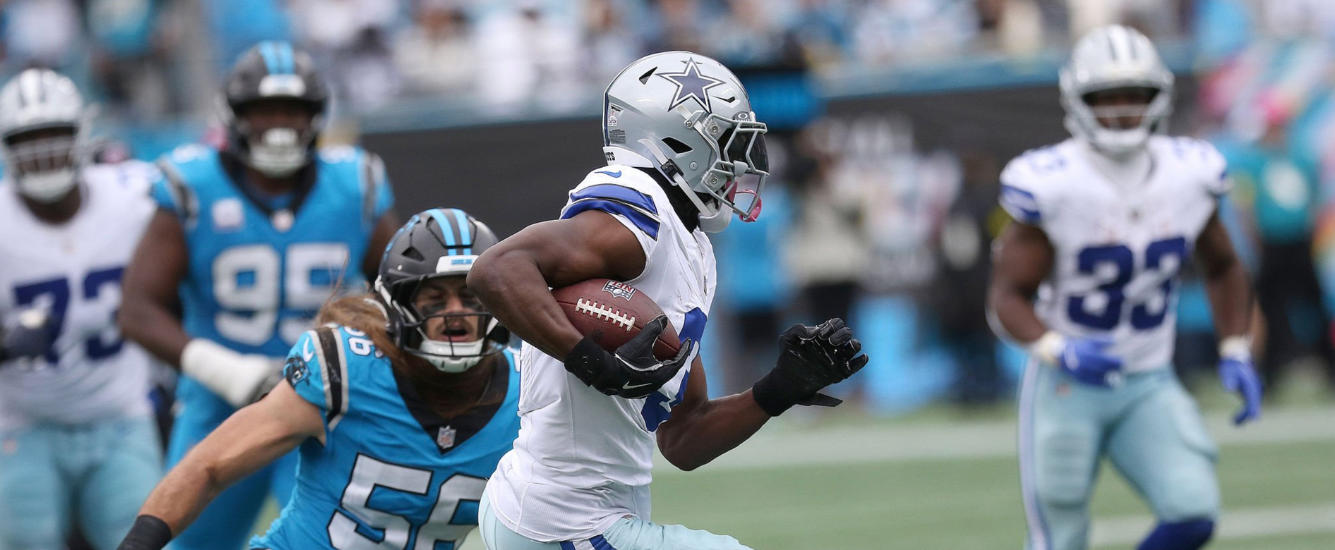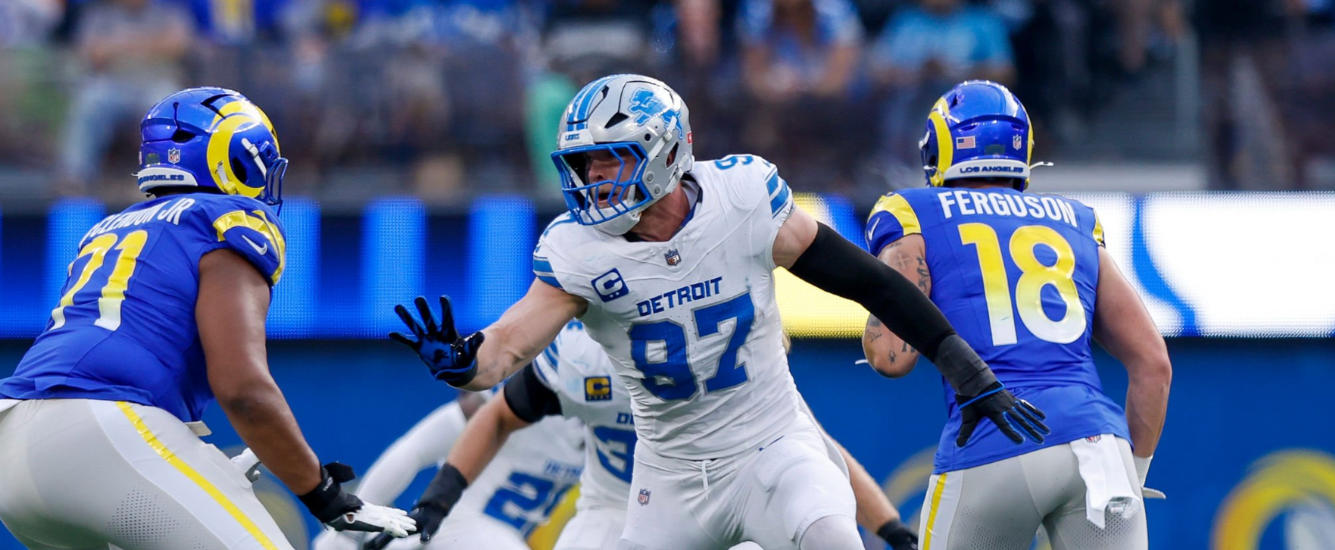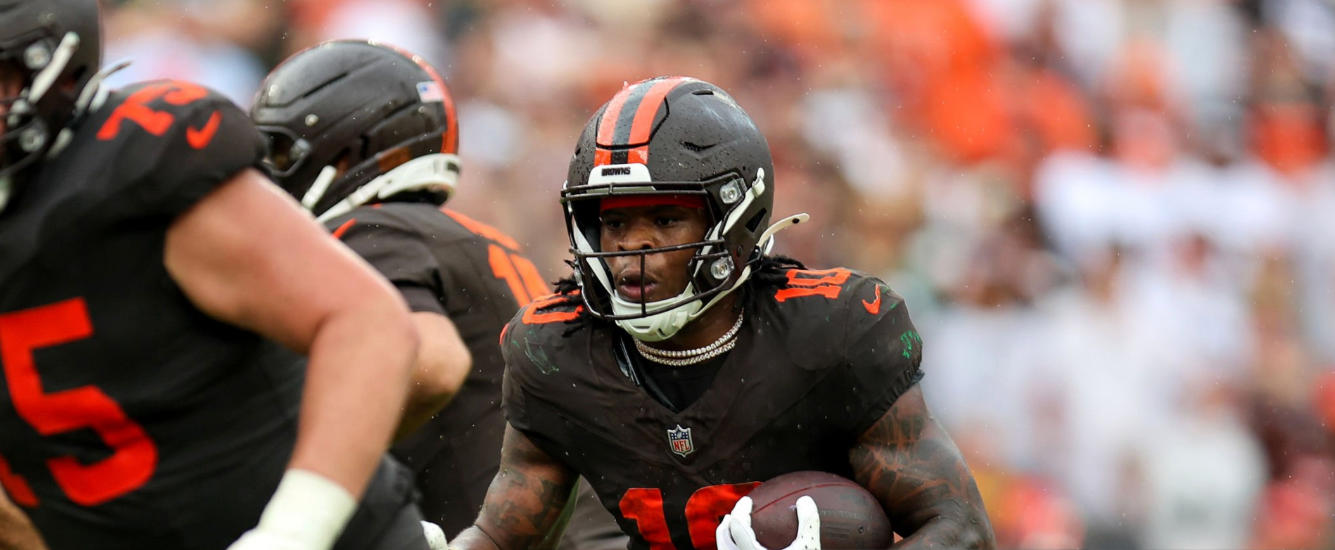About a month ago, I wrote an article about the impact of efficiency on running back performance in the following year relative to market value. I separated RBs into different buckets (based on ADP, scoring, experience, etc.) and used their best ball win rate in Year N+1 to determine whether the public values efficiency correctly. Looking at all RBs, there isn’t much of a difference, but that changes once you arrange the players into different groups. For a lot of the groups, it actually looks like it’s better to target inefficient RBs.

All of the numbers from that article are correct.
But there’s more to it. And I didn’t realize that until I read The Wrong Read No. 62 by Blair Andrews – which you should go read now if you haven’t done so already.
My previous article missed something.
RB efficiency matters. Just differently than you might think.
The Replaceability of Rushing and the Value of RBs in the Modern NFL
Do running backs matter?
It’s been a divisive question in recent years, and it’s one that’s going to be at the forefront of the NFL news cycle over the next few months as Dalvin Cook holds out in hopes of scoring a lucrative contract. While Cook has sacrificed his body for the Vikings’ benefit, it’s difficult for the team to justify giving him a big contract because of the short lifespan of RBs and the replaceability of rushing. That also partially explains why the Panthers didn’t catch that much heat for paying Christian McCaffrey; there’s an argument that his prowess as a pass-catcher makes him a valuable real-life asset despite the general replaceability of RBs.
Put simply, it’s not hard to replace rushing production – there’s been myriad research on this topic over the last decade – but RBs can truly prove their worth in the passing game.
With that in mind, we can see if this idea applies to fantasy. Should we target RBs who are efficient in the passing game? Fade those who are unsustainably prolific on the ground? Blair noted that this is the case for rookie RBs in his piece:
The one production metric that has a stronger relationship with fantasy scoring than with ADP: receiving efficiency. Receiving expected points are close. Although drafters overvalue rookie year production generally, rookie year receiving production still appears to be undervalued.
Today, we’ll look at best ball win rate data from the last five years to see whether the market correctly values rushing and receiving Fantasy Points Over Expectation (ruFPOE and reFPOE, respectively).


